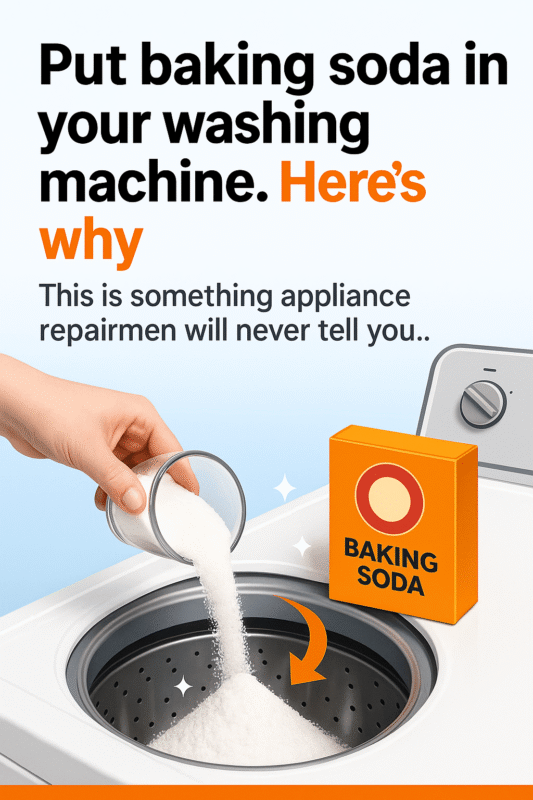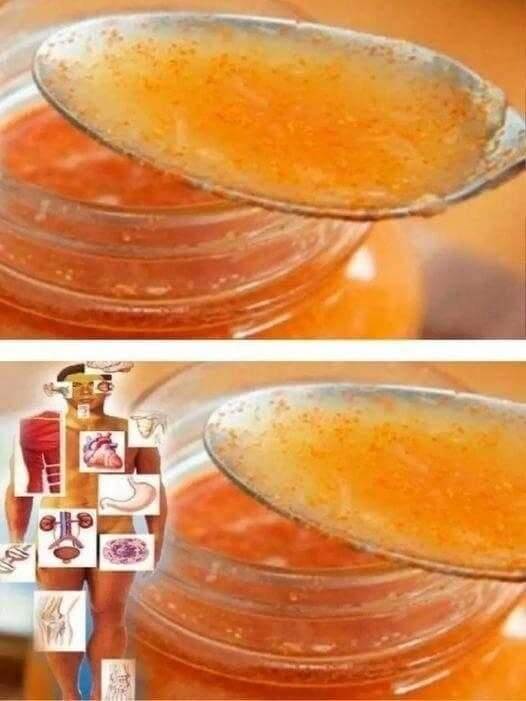We all brush our teeth. Most of us do it twice a day. But here’s a question that’s been quietly dividing dentists and everyday brushers alike:
Should you rinse your mouth with water after brushing?
If you’re like most people, you probably brush, rinse, and move on. It feels clean. It feels right. But according to dental experts, that final rinse might actually be doing more harm than good.
Let’s break it down.
Why Rinsing Might Be a Mistake
Toothpaste isn’t just for cleaning. It’s packed with fluoride, a mineral that helps strengthen enamel and protect against cavities. When you rinse your mouth right after brushing, you’re washing away that fluoride before it has a chance to work.
Think of it like applying sunscreen and then immediately jumping into the pool. You’ve removed the protection before it could do its job.
Instead of rinsing, dentists now recommend a simple switch: Spit, don’t rinse.
Just spit out the excess toothpaste and let the residue stay on your teeth. That leftover fluoride continues to coat your enamel, giving it extra protection throughout the day.

What Does the Science Say?
Studies have shown that not rinsing after brushing can significantly increase fluoride retention in the mouth. That means stronger teeth, better cavity prevention, and even reduced sensitivity over time.
In fact, some dental professionals suggest brushing before bed and not rinsing at all, allowing fluoride to work overnight while you sleep.
When Rinsing Does Make Sense
Of course, there are exceptions. If you’re using a high-fluoride prescription toothpaste, swallowing too much fluoride can be harmful. In that case, your dentist might recommend rinsing lightly or using a mouthwash afterward.
Also, if the taste of toothpaste lingers too strongly or causes irritation, a gentle rinse might help — but try to wait at least a few minutes before doing so.
Timing Matters
If you do choose to rinse, consider waiting 10–30 minutes after brushing. This gives fluoride a chance to absorb before you wash it away.
And if you use mouthwash, try using it at a different time of day — not immediately after brushing. Many mouthwashes don’t contain fluoride, and they can dilute the effects of your toothpaste.
What Do Dentists Recommend?
Here’s the simplified version of what many dental professionals now advise:
- Brush for 2 minutes with fluoride toothpaste
- Spit out the excess — don’t rinse with water
- Avoid eating or drinking for 30 minutes afterward
- Use mouthwash separately, if needed
This small change can make a big difference in your oral health — and it doesn’t cost a thing.
So, What Should You Do?
If you’re brushing regularly and using fluoride toothpaste, you’re already doing a great job. But if you want to level up your dental routine, try skipping the rinse and see how it feels.
It might take a few days to get used to the taste, but your teeth will thank you.
Final Thought
We spend just a few minutes brushing each day — but those minutes matter. By letting fluoride stay on your teeth a little longer, you’re giving your enamel the boost it needs to stay strong and healthy.
So next time you brush, pause before you rinse. Spit, smile, and let the fluoride do its thing.
















